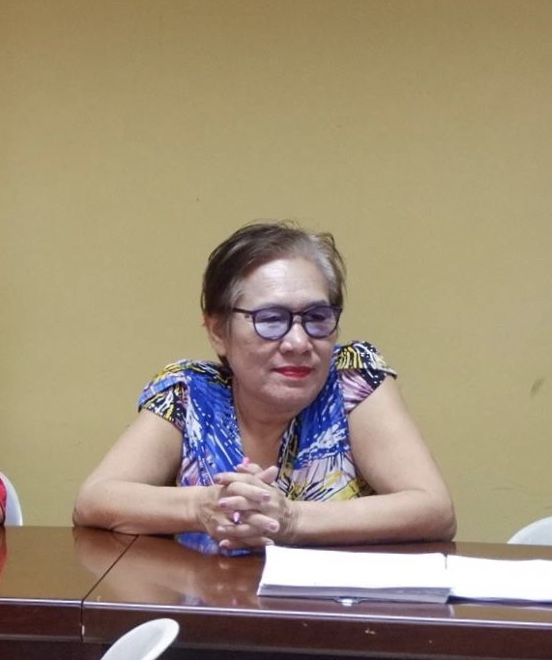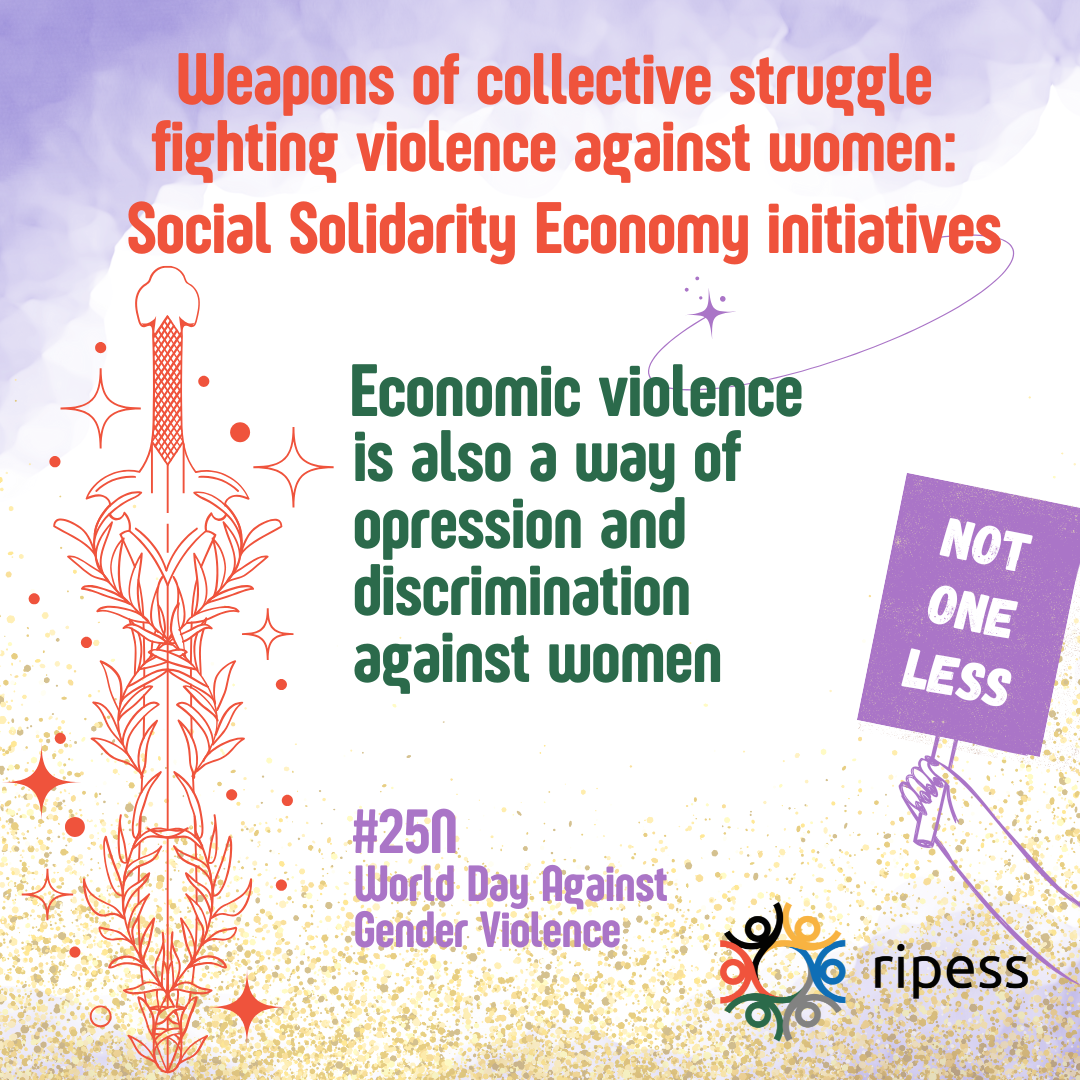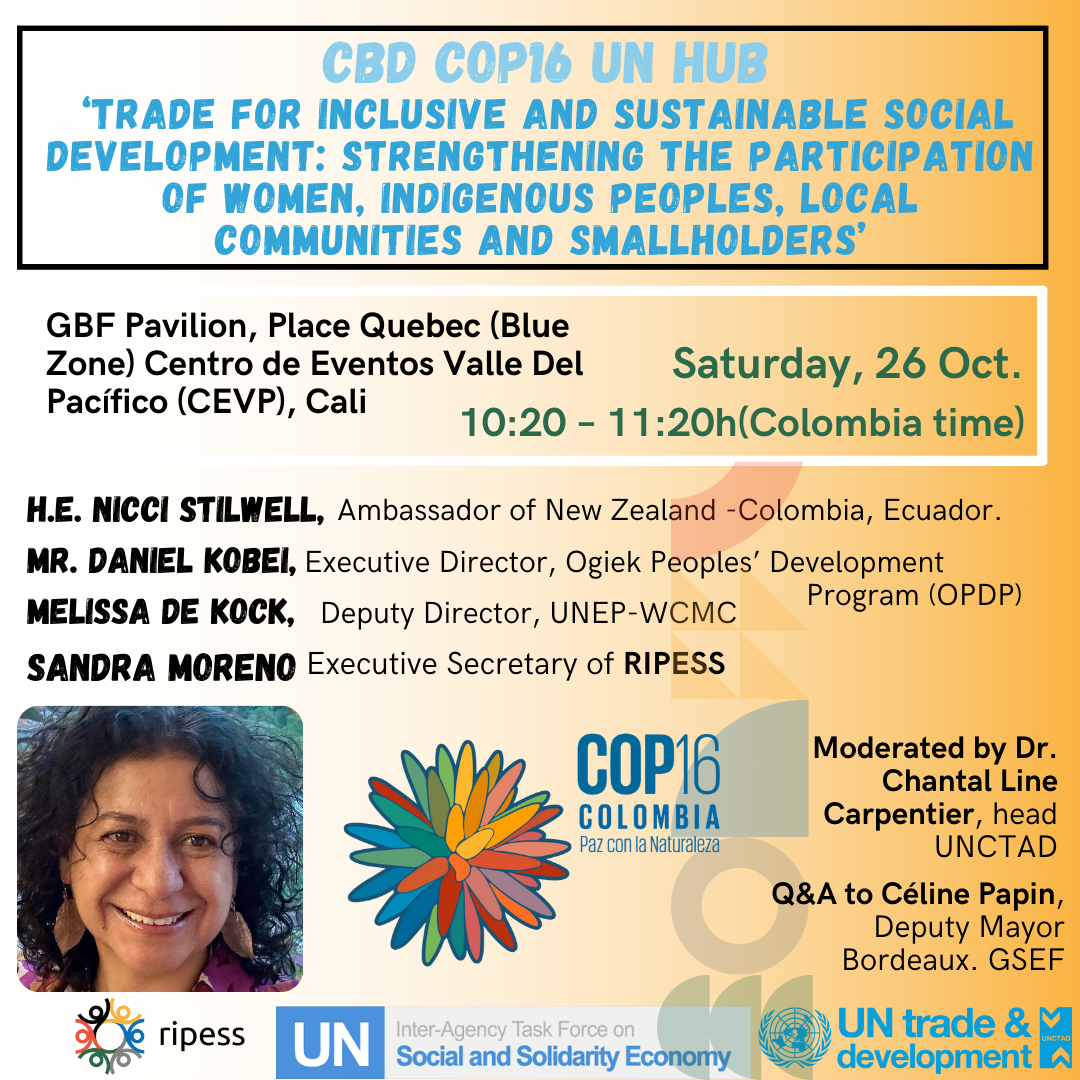Josephine Olive Parilla, herself a micro-entrepreneur, is one of the founders of PATAMABA WISE, a community-based social enterprise found in the lake town of Angono, Rizal, east of Metro Manila. She is known as a passionate advocate for women’s economic and political empowerment and the promotion of the rights of women in the informal economy.
She is an informal worker’s leader in the Philippines, being on the Executive Committee of Homenet Philippines, President of PATAMABA WISE (Workers in the Informal Sector Enterprise), and secretary of the Homenet Producers Cooperative. She has served as social development chair of the Regional Development Council of Region IV A (Calabarzon) and member of the National Anti-Poverty Commission (NAPC) Workers in the Informal Sector Council (WISC).
She is also very active in the women’s movement, serving as President of the Rizal Provincial Local Council of Women, Vice-President for the National Capital Region of the National Council of Women in the Philippines (NCWP), and member of the Rizal Province and Angono Municipal Gender and Development (GAD) Focal Point. She has served as resource person for many seminars and gatherings on women-related laws such as the Magna Carta of Women, on gender-based violence, on trafficking, on gender mainstreaming and planning, and many other topics. In Angono, progress has been made in engaging at least 30 percent of men in unpaid care work in order to lighten women’s burden and facilitate their economic activity and empowerment.
How would you describe your journey and challenges as a woman entrepreneur?
When I was eight years old, I was already into vending. I sold salt and sugar at the public market every Sunday to help my parents cover our daily expenses. As early as 5 am, during my high school days, I had to sell bread called “pandesal”; at 6 am, I shifted to vending fish, then at 7 am, to preparing the “biko” or rice cake to be sold in school. ln my college years, to support my studies, I went into sewing or repairing clothes and worked as a saleslady every Sunday.
In 1987, with an initial capital of Php 20 for raw materials and a sewing machine, I started to produce bedroom slippers. I did my production at night and sold the output in school during the daytime. Then I already had a daughter in nursery school, and later had six other children with my partner. The business prospered but my second child became severely ill and was hospitalized when she was four months old.
But I did not stop and started the business again with Php 3,500 capital from my partner. In less than a year, my operation increased and with a workforce of 17: (12 sewers, 2 pattern makers and 3 in charge of finishing.
In 1992, I became a PATAMABA member and served as PATAMABA representative to Marketing Association of Groups and Individual in the Community (MAGIC). In 1995, my footwear business expanded and ventured into embroidery.
How did your engagement with SSE evolve?
I was exposed to the concept of Social Enterprise in 1994 and eventually to Social Solidarity Economy (SSE), through seminars, conferences and advocacy work. I joined the Homenet Southeast Asia (HNSEA) subregional workshop on SSE in 2008 in Laos where I learned about the different SSE models from other countries.
I applied the concept of SSE in economic activities to the PATAMABA-WISE (Workers in the Informal Sector Enterprise) which is the livelihood arm of PATAMABA in the province of Rizal. It is part of a national network of informal workers called PATAMABA which has 19,000 members, 98 percent of them women, spread over eight regions and 34 provinces.
PATAMABA WISE was registered with the Department of Labor and Employment (DOLE) and the municipal government of Angono. It began with 29 members contributing Php200 each in 2009, and since then has expanded to 238 (overwhelmingly women, with less than ten men). There are production clusters (on rag making, doormat making, sewing curtains and bed linens, homecare products, accessories, box and picture-frame making made of water lily and recycled Ilocano cloth) mostly headed by PATAMABA WISE leaders who have been active since the Bottom Up Budgeting (BUB) local anti-poverty program started in Angono. The main buyers are the employees of the municipality and nearby communities, but some of the products are also bought through the Homenet Producers Cooperative, bazaars and mall displays.
How did you get to know RIPESS?
My exposure to RIPESS began in 2013, during the Fourth RIPESS intercontinental conference held at the University of the Philippines. In 2015, I was invited by RIPESS to present the SSE practice of Homenet SEA along with Poonsap Tulaphan of Homenet Thailand in Montreal Quebec. I am active in the Asian Solidarity Economy Council (ASEC), serving as resource person and participant in the many sessions of the ASEC SSE online academy in 2020, culminating in the ASEAN People’s Forum in November last year.
SSE is one of the top priority agenda items of workers in the informal economy. It is not just at national level but more at local level, as the local government units remain the principal duty bearers in uplifting the economic status of local communities. In the ILO recommendation regarding transitioning the informal to formal economy, SSE is considered a major pathway for more and better work based on the recognition of the rights of all workers.
What was the impact of Covid-19 on your SSE work and how was this addressed by organized informal workers in your community?
The SSE initiatives in Angono faced major challenges with the impact of covid-19. The pandemic brought about hunger, health problems, domestic violence and depression. The loss of income is a big factor because it has a domino effect on health spending, utilities payment, daily basic needs expenses, payments for debts and loans. Likewise, schooling became a problem to parents, because they had to spend for gadgets, internet and payments of modules. And government assistance was very inadequate.
We in PATAMABA WISE, supported by Homenet Philippines, rose to the challenge by conducting donation campaigns for food, medicines, and other basic needs. We also produced face masks, hand sanitizers and personal protective equipment (PPE). We shifted to food production, developed community gardens, shifted to online marketing, and advocated for universal social protection and participatory governance towards livelihood recovery. Resilience, innovation, and empowerment are the key lessons learned in our collective struggle to survive and prevail.”









Leave A Comment